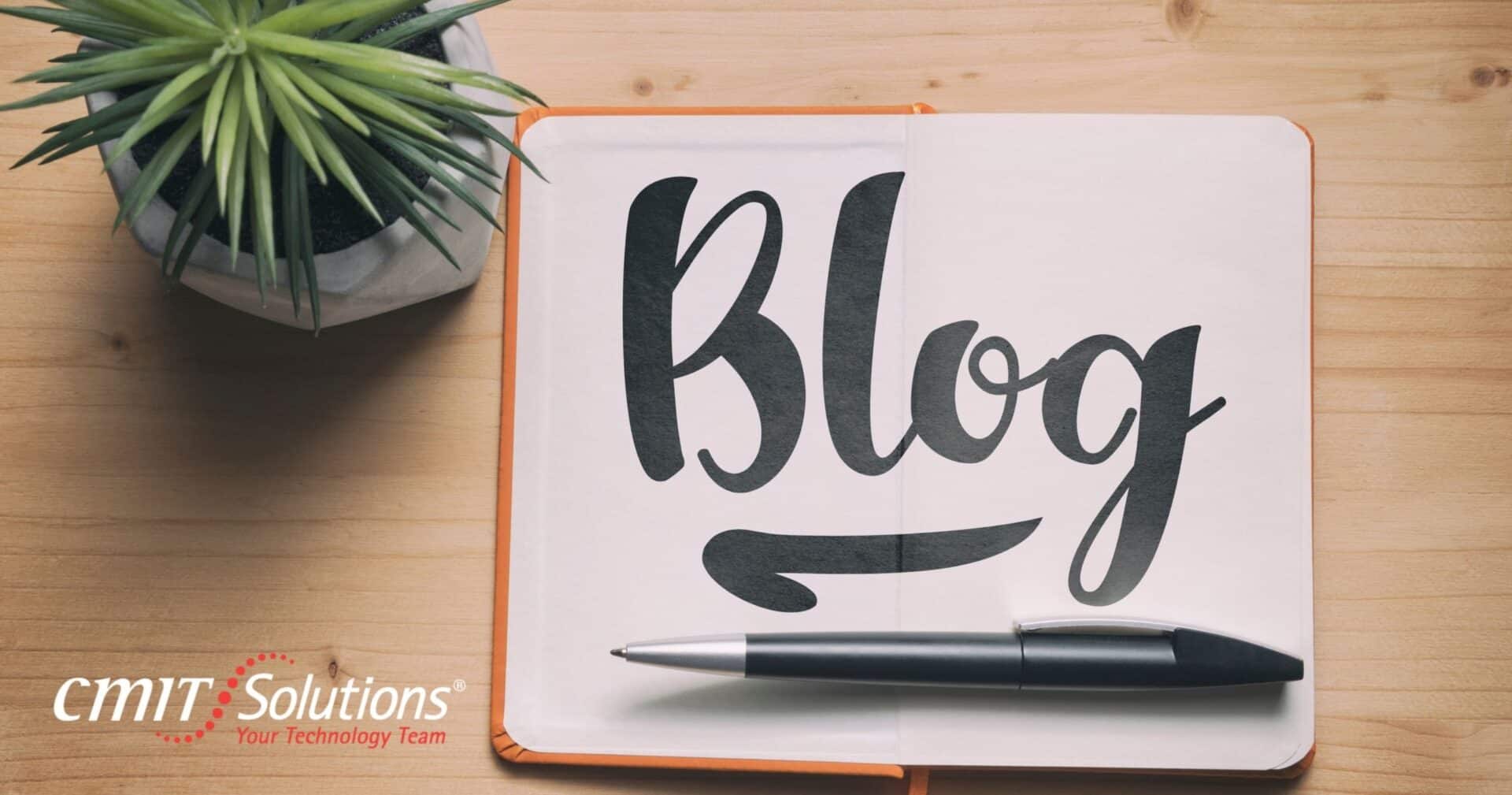Email Authentication Changes: What Google and Yahoo’s Updates Mean for You
By Scott Krentzman
In the ever-evolving landscape of cybersecurity, email authentication has emerged as a critical defense mechanism against spam, phishing, and other malicious activities.
Recently, both Yahoo and Google have announced significant updates to their email security measures, particularly focusing on authentication protocols.(1) As an IT expert, it’s essential to understand these changes and their implications for businesses and individuals alike. In this blog post, we’ll delve into the specifics of these updates and explore how they may impact your email communications.
Understanding the Updates:
Yahoo and Google are enforcing their longstanding email authentication requirements. This means that emails sent without proper authentication may face delivery issues, such as bouncing back or being filtered into the junk/spam folder.
Reasons Behind the Changes:
These updates are driven by several factors, including the need to reduce spam, enhance user trust, and align with global cybersecurity standards. By enforcing stricter authentication measures, Yahoo and Google aim to create a more secure and reliable email ecosystem for their users.
Impact on Senders:
These changes affect all senders of bulk mail. (2) Whether you’re a non-profit, a small business, or an individual sender, compliance with authentication requirements is essential to ensure your emails reach their intended recipients.
Navigating DMARC and SPF:
To comply with these updates, senders need to implement domain-based message authentication (DMARC) and sender policy framework (SPF) protocols.(3) While setting up these protocols may require some IT proficiency, resources and guidelines are available to help streamline the process.
Self-Authentication Benefits:
Authenticating outbound emails not only ensures compliance with Yahoo and Google’s requirements but also enhances deliverability and brand credibility across all email clients, not just Gmail and Yahoo.
Considerations for Contacts and Reporting:
These changes are unlikely to have a significant impact on your contacts, although informing them about potential changes in your email address could be beneficial. Additionally, properly authenticated emails tend to have better open and click rates, which can positively impact reporting metrics.
Anticipated Effects on Deliverability:
While these updates may initially affect deliverability and email placement, particularly in the spam/junk folder, adherence to authentication protocols is expected to improve over time as email providers refine their filtering algorithms.
In an era of heightened cybersecurity threats, staying ahead of email authentication requirements is crucial for maintaining effective communication and protecting against online risks. By understanding and implementing the necessary protocols, businesses and individuals can ensure their emails reach their recipients securely and reliably, fostering trust and engagement in the digital realm.
Scott can be reached at: 617.221.4100
- https://blog.google/products/gmail/gmail-security-authentication-spam-protection/
- https://support.google.com/a/answer/81126?sjid=10726032825835975497-EU&visit_id=638445546753019385-1625668549&rd=1#requirements-5k&zippy=%2Crequirements-for-sending-or-more-messages-per-day%2Crequirements-for-all-senders
- https://www.proofpoint.com/uk/solutions/email-authentication-with-dmarc?utm_source=google&utm_medium=cpc&gad_source=1&gclid=CjwKCAiAivGuBhBEEiwAWiFmYTWi_6GqoBAx67eUQBlDjestFE-i44nA_50qnoVv5jd4Em_wPdiHSBoCEEYQAvD_BwE&gclsrc=aw.ds






